
Move reflects 'long-term risks firefighters take on as part of job every day'
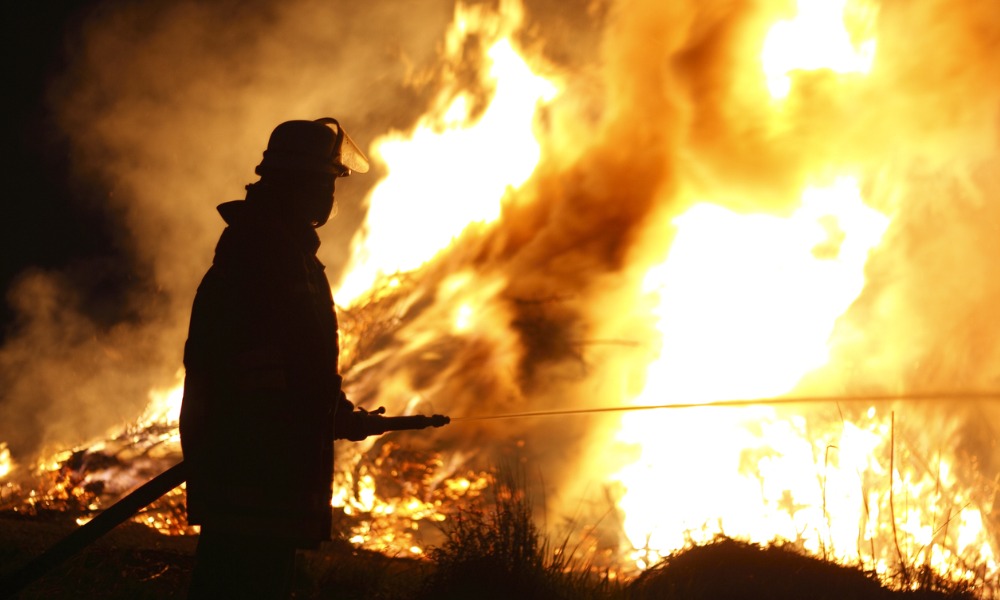
Ontario will soon introduce legislation that will expand cancer coverage for firefighters in the province.
The legislation will reduce the requirement to 10 years of service from 20 years for firefighters to get coverage for primary-site kidney cancer. This will be the lowest duration of service requirement for coverage in Canada.
“Firefighters and investigators make major sacrifices to keep our communities, property and families safe and we owe it to them to always have their backs,” said Premier Doug Ford. “We’ve already expanded presumptive cancer coverage to reflect the long-term risks firefighters take on as part of their job every day and we’re building on that progress to help our frontline heroes get the coverage they deserve.”
The province will also propose to remove the requirement that a firefighter’s primary-site colorectal diagnosis must be made before the age of 61.
Earlier this year, Ontario said it will introduce changes to the Workplace Safety and Insurance Act (WSIA) to ensure that firefighters who have been at least 10 years in service will be entitled to presumptive coverage for primary-site skin cancer. That particular change was included in the province’s Bill 190 – the Working for Workers Four Act, 2024, which received Royal Assent earlier this month.
Presumptive coverage under the Workplace Safety and Insurance Board (WSIB) streamlines the assessment of certain firefighter WSIB claims by presuming the worker’s injury or occupational disease is work-related, making it faster and easier for firefighters to access WSIB benefits and services.
Ontario has also made the following changes under the previous Working for Workers legislations since 2021:
There are over 12,000 full-time professional firefighters in Ontario, over 500 part-time personnel and over 18,000 volunteer firefighters. Also, over 1,000 people worked as wildland firefighters and wildland fire investigators during the 2023 wildland fire season.
British Columbia, Nova Scotia, Alberta and Saskatchewan also enhanced cancer coverage for firefighters in the past couple of years.
Firefighters die of cancer at a rate up to four times higher than the general population, according to the Ontario government.
Stakeholders welcomed the new development from Ontario.
“Reducing the required duration of employment from 20 to 10 years for kidney cancer and eliminating the 61-year age limit on presumptive eligibility for colorectal cancer are significant milestones,” said Greg Horton, president, Ontario Professional Firefighters Association. “These important revisions are seminal and ensure that all firefighters who develop these occupational cancers while safeguarding Ontarians, will have better access to the support and coverage they need."
Deputy Chief Rob Grimwood, president, Ontario Association of Fire Chiefs, noted that last month, 73 more firefighters were inscribed on the Ontario Fallen Firefighter Memorial, a “memorial that honours firefighters who have died in the line of duty and by occupational illness and now houses more than 1,000 names”.
“This government’s commitment to the early detection and prevention of firefighter occupational cancer; and taking care of firefighters who have been diagnosed, or sadly succumbed to occupational illness, is incredibly commendable. It stands for a sincere desire to take care of those who took on the mission of taking care of others,” he said.
Approximately five million workers and 325,000 employers are covered by the WSIB. Overall, 19 types of cancer are currently included under WSIB presumptive coverage. These are:
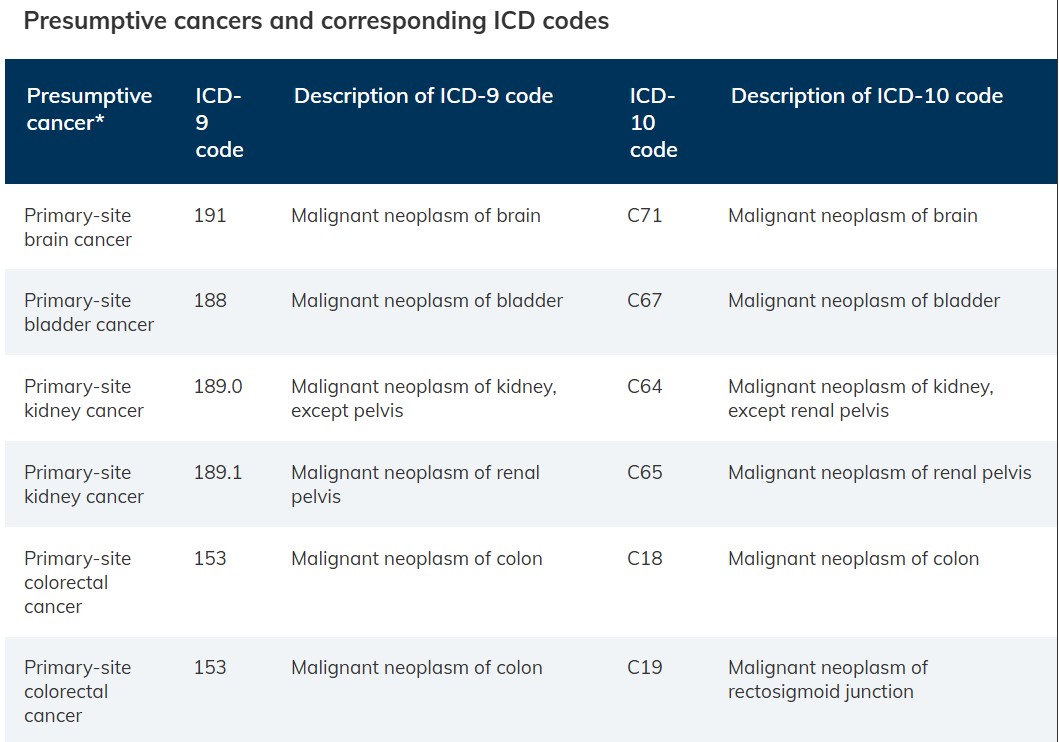
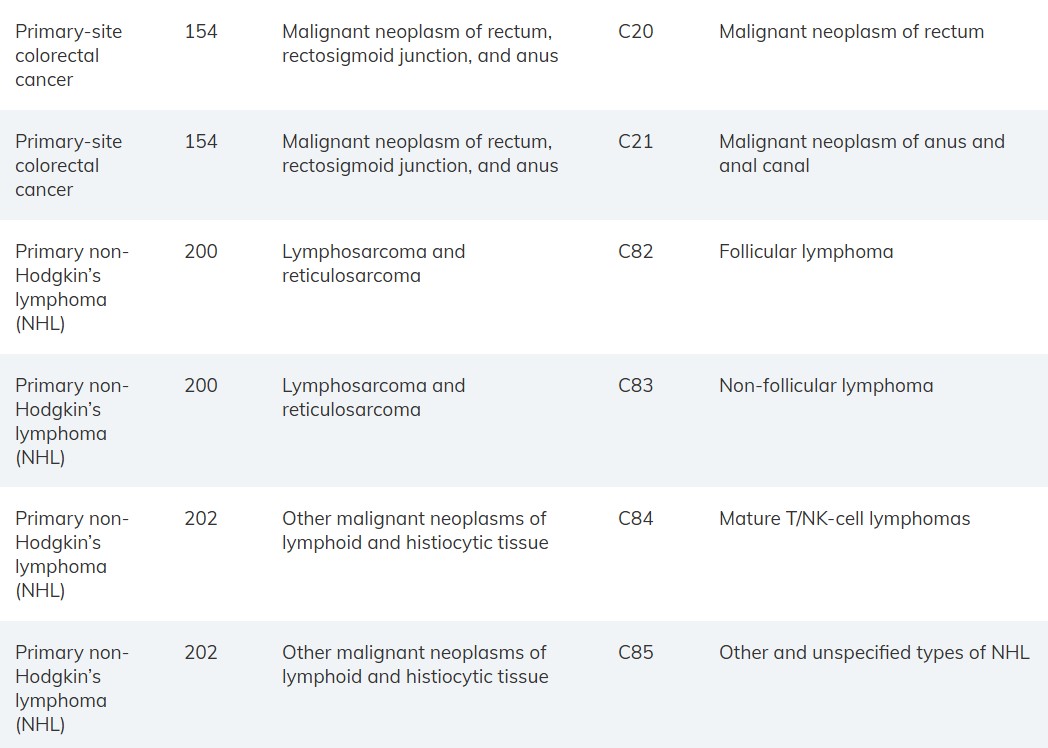
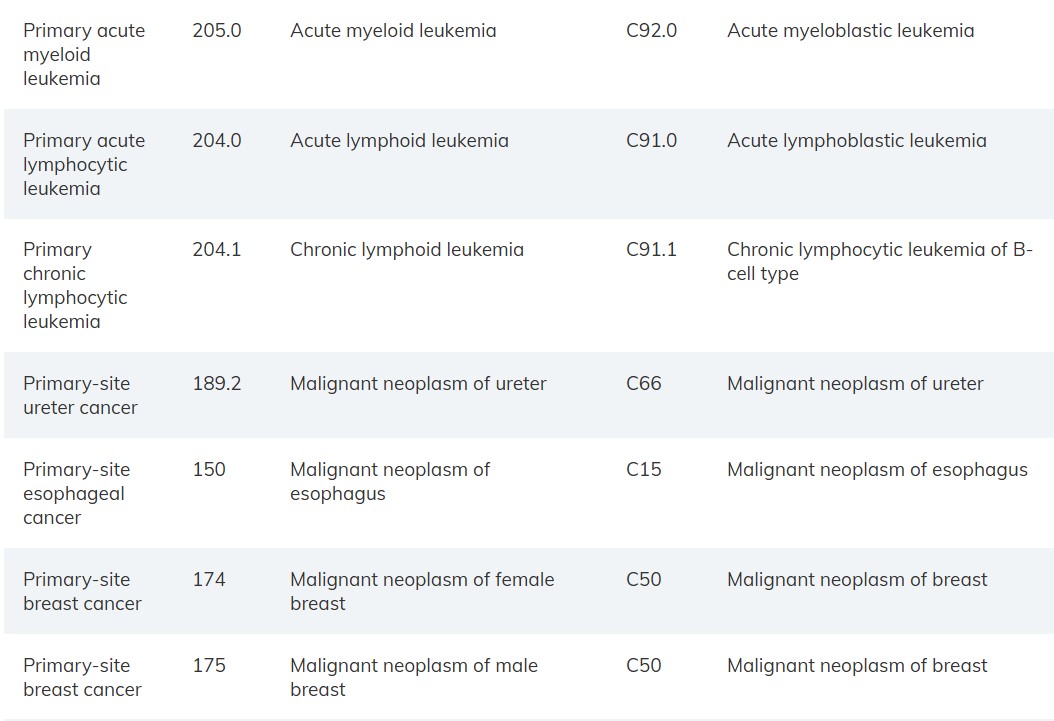
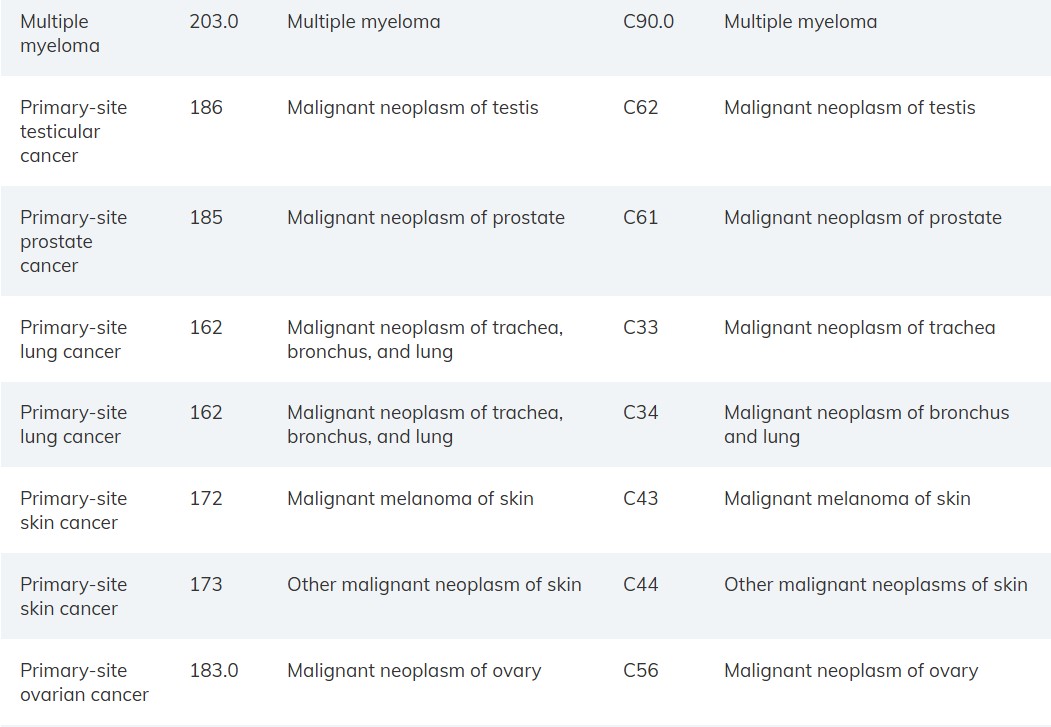
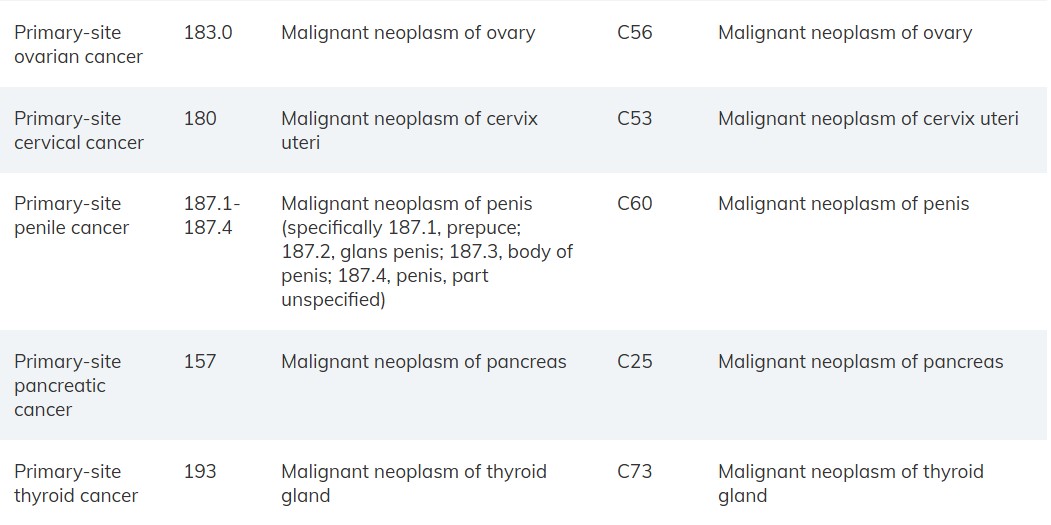
Source: Workplace Safety and Insurance Board (WSIB)